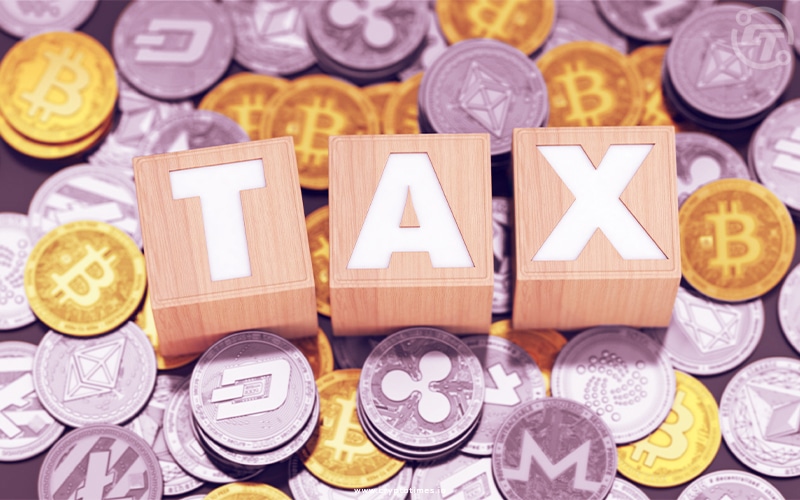In Brief:
- South Korea Finance minister, Hong Kam ki said that taxation on gains from cryptocurrency trading starts from 2022
- Opposition Party not in support of the new taxation
- Non-fungible tokens (NFTs) are excluded from the new tax plans.
South Korea’s Deputy Prime minister and Finance minister, Hong Kam-ki said that the 20% tax on gains from crypto trading will take effect next year as planned.
According to the announcement, the finance ministry plans taxation on gains over 2.5 million($2,125) won made in a one-year period. The plan was to take effect on Oct 1 but it was delayed for 3 months due to a lack of taxation infrastructure.
As of now, non-fungible tokens (NFTs) are excluded from the new tax plans. In order to best track and tax cryptocurrency in South Korea, the Financial Services Commission decided that all cryptocurrency exchanges would be required to register with the government and report transactions as requested.
“Any further delay in the already postponed enforcement will lead to the loss of public trust in government policy and undermine stability in the legal system,” Hong said during a parliamentary audit of the Ministry of Economy and Finance at the National Assembly on Yeouido, Seoul, Wednesday.
The taxation infrastructure has been established, Hong further added, as backed by real-name accounts issued by commercial lenders and user data preserved and monitored by crypto exchanges.
He continued, “We have been preparing measures for the taxation for the past 2 years. The new law governing the digital asset, coupled with a revision to the existing one provides sufficient grounds for the government.”
Opposition Raises Question on New Tax Plans
The remark came in response to a question raised by Rep.Yoo Gyeong-joon of the main opposition People Power Party “whether the government is pushing for enforcement despite an unstable system for tax administration.”
“No cross-border cooperation measures are in place on taxation on crypto trading gains. It simply is unfair taxation for users of local exchanges as opposed to those who trade overseas,” Yoo said.
The former Statistics Korea head further asked to delay the plans, saying that the government has yet to find measures to identify taxable income from users of overseas crypto exchanges.
The financial regulator said he will consider requiring crypto exchanges to refund damage suffered by victims of voice phishing. This looks to expand the scope of the definition of financial services firms subject to recovery in consumer damages to include digital asset exchanges.






